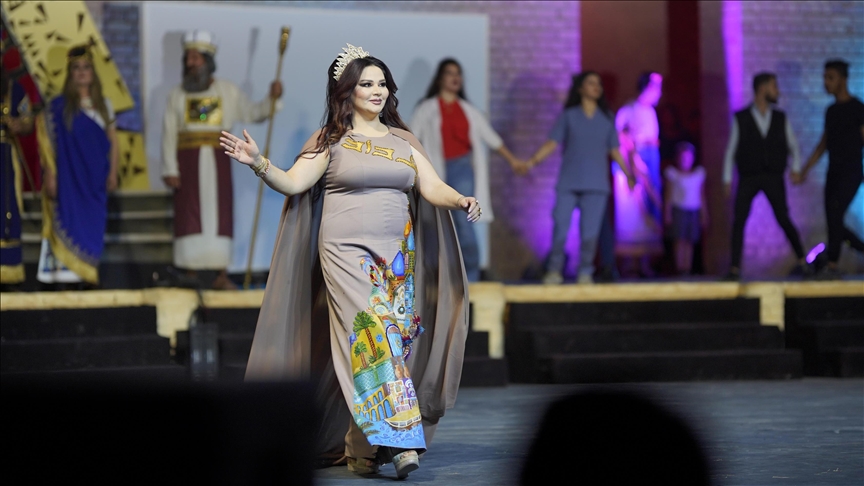Sunni Mosque Attacked, Three Iraqis Killed
Three worshippers were wounded when unknown gunmen opened fire on worshippers in a Sunni mosque in the Iraqi capital just after dawn prayers Friday, a witness said.
"Four men armed with Kalashnikovs opened fire on around 100 faithful at around 5:45 am (0145 GMT), right after dawn prayers," Shehab Ahmad, who attended the prayers told Agence France-Presse (AFP).
Ahmad said the assailants fired some 50 rounds at the Qabaa mosque in Ash-Shaab City in northeast Baghdad , wounding three young men, one in the shoulders and stomach, another in the back and the third in the leg. The attackers fled in a car without license plates.
At noon prayers in the mosque, where traces of bullets were clearly visible, imam Sheikh Walid al-Azzawi denounced the "pseudo-Muslim" assailants and went on to strongly condemn last Friday’s attack in Najaf.
Sectarian Strife
The attack occurred one week after a massive car bomb killed top Shiite leader Ayatollah Mohamed Baqer Al-Hakim and 82 others after Friday noon prayers in the Shiite holy city of Najaf and sparked fears that Iraq ‘s ongoing violence could take a sectarian turn.
Prominent Sunni leader Ahmed Al-Qubeissi told Iraqi journalists three days ago that Shiites seized 18 Sunni mosques, including 12 ones in Baghdad and the only two in the Shiite majority cities of Najaf and Karbala .
The Iraqi Governing Council also decided to cancel the post of the minister of (Waqf) endowment and religious affairs in the new cabinet declared Monday, September 1, after Sunni leaders protested the efficiency of the Shiite candidate for the post.
Residents of the Sunni town of Fallujah west of Baghdad said security was tight around mosques there Friday, apparently for fear that Shiites who converged in thousands at their weekly prayers swearing vengeance Friday for the blast.
Iraqi police and officials have said holdouts of the Sunni-dominated regime of ousted president Saddam Hussein and Sunni radicals have been arrested in connection with last Friday’s attack.
But some Sunni leaders undermined the possible sectarian strife in a country grappling with foreign occupation and lack of security.



